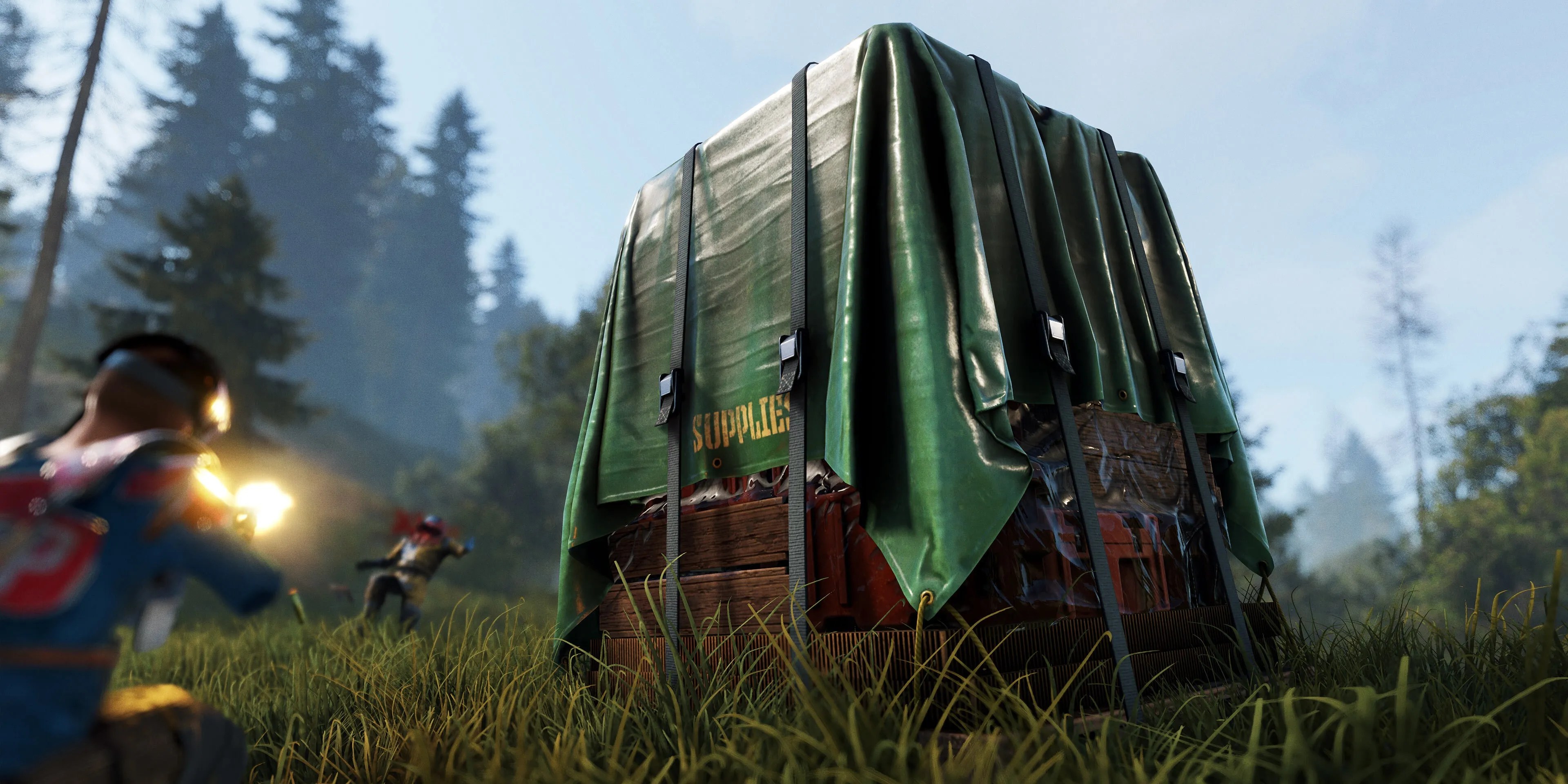Summary
Rust 2won’t repeat the “mistake” of its predecessor by using the Unity engine, a senior Facepunch Studios official said. This latest example ofdeveloper backlash against Unity’s incoming runtime feesthus arrived with an apparent confirmation that aRustsequel is in the works.
Unity angered many game developerswith a September 12 announcement of a new licensing model that’s set to go into effect on July 28, 2025. The revised pricing will see some of its customers incur additional charges based on a number of game installations, priced at up to $0.20 per download past a fixed success threshold. Developers who don’t already pay at least $2,040 per year for a Unity Pro plan will be subject to the fees as soon as they hit 200,000 in lifetime installs or $200,000 in 12-month revenues.

RELATED:Unity Attempts to Clarify Controversial New Pricing Model
Facepunch Studios CEO Garry Newman denounced the changes in a September 13 blog post, positing that the new pricing strategy makes no sense beyond the mobile gaming sphere, while also creating a variety of issues across all platforms. Elaborating on that point, Newman said that tracking installs “isn’t feasible” due to piracy, giveaways, the need to account for customers changing hardware, and a swath of other challenges. Facepunch would even be fine with eating the added costs if Unity delivered a “flawless” tracking system, the official wrote, clarifying that the studio isn’t “furious” because of the new fees, but Unity’s decision to implement them after capturing a significant market share with a traditional single-fee licensing model.
Newman likened the idea of an engine having game download fees to a hypothetical scenario wherein Adobe decided to charge for each Photoshop-edited image view. “The trust is gone,” he concluded, adding thatRust 2won’t “make the same mistake again” by using Unity. That off-hand remark happens to be the first official mention of aRustsequel, though it’s still unclear whether the game is already in active development.
Despite the ongoing influx of developer backlash against the incoming pricing changes, Unity appears unlikely to revert its plans, which appear to have been made in an effort to reverse its dwindling fortunes. The engine maker has seemingly been in trouble for a while now, as underlined by the fact thathundreds of Unity employees lost their jobsback in May. Those mid-year workforce cuts were the third round of layoffs at Unity since early 2022, arriving alongside an announcement that the company will also be halving its office locations.
Unity hence laid off approximately 1,100 staffers over the last 20 months, with CEO John Riccitiello describing the May round of cuts as a bid to “streamline” operations. That move wasn’t the only source of bad publicity for the company in recent times, having arrived mere months after theUnity CEO insulted game developers who don’t prioritize monetization.